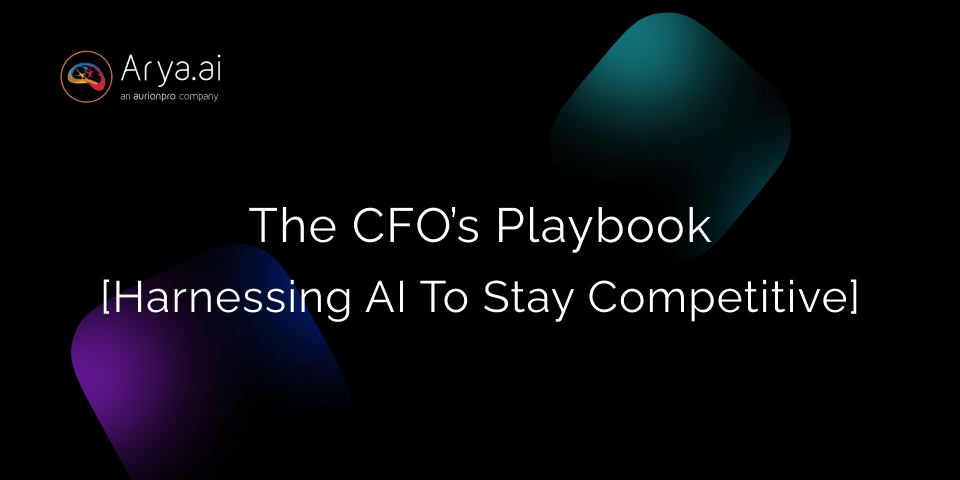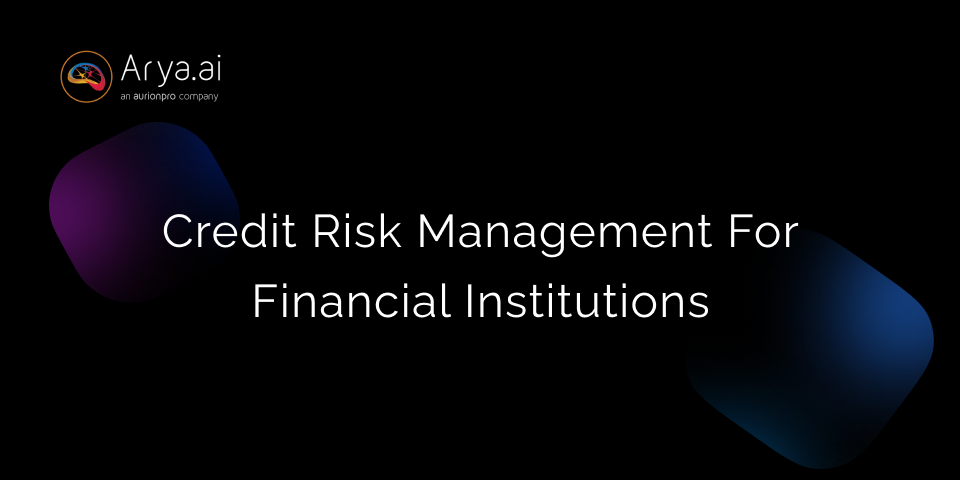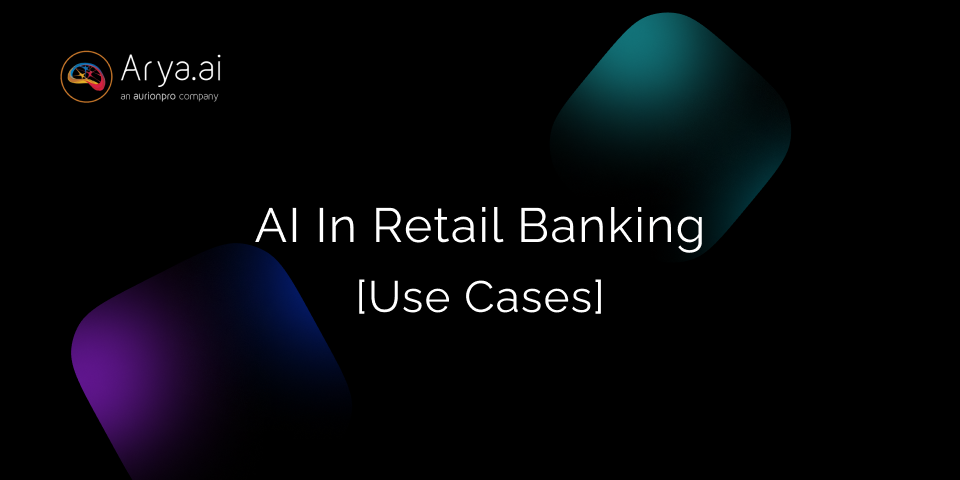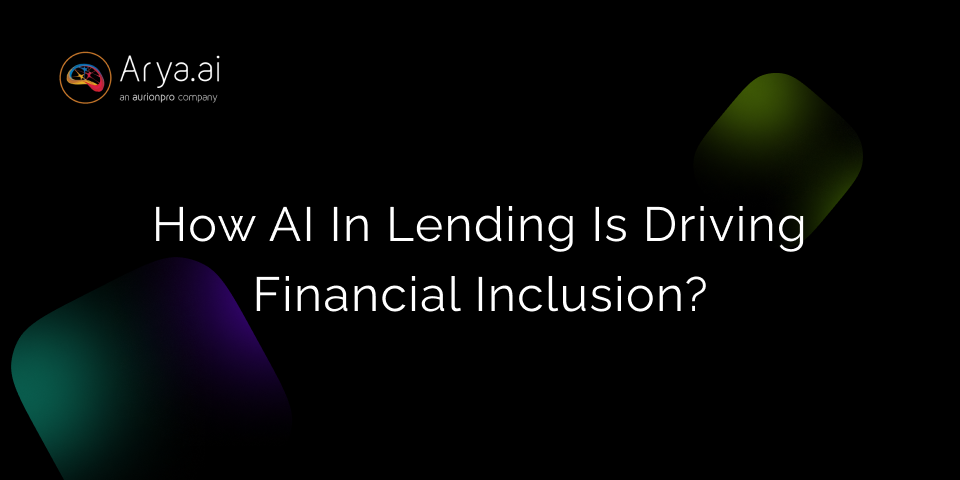Chief Financial Officers (CFOs) are faced with an unprecedented level of complexity in today’s rapidly changing financial landscape. The confluence of market volatility, regulatory changes, and the sheer volume of data has made traditional decision-making processes increasingly challenging. As a result, CFOs are turning to artificial intelligence (AI) to navigate this complex terrain.
This article will delve into the growing complexity of financial decision-making, explore the potential of AI complex decision-making and how CFOs can leverage the technology to improve their business workings, and ultimately give out certain challenges faced by CFOs in integrating AI in their business and how can they strategically navigate these challenges.
The Growing Complexity of Financial Decision-Making
The financial world has become increasingly volatile and unpredictable in recent years. Market fluctuations, geopolitical events, and economic uncertainties have created a complex and dynamic environment for CFOs. Additionally, the regulatory landscape has evolved rapidly, imposing new compliance requirements and increasing the complexity of decision-making.
Moreover, the sheer volume of data available to CFOs has grown exponentially. From market data and financial statements to customer information and competitive intelligence, CFOs are inundated with information that can be difficult to process and analyze effectively. This data overload can hinder decision-making and increase the risk of errors.
The Data Deluge
The volume and complexity of financial data have simply exploded in recent years. Factors such as globalization, digitization, and the proliferation of financial instruments have contributed to this data deluge. CFOs are now tasked with analyzing and making decisions based on vast amounts of information, including:
- Market data: Stock prices, bond yields, exchange rates, commodity prices, and economic indicators.
- Financial statements: Income statements, balance sheets, cash flow statements, and financial ratios.
- Regulatory data: Compliance reports, risk assessments, and audit findings.
- Customer data: Transaction history, credit scores, and preferences.
The sheer volume of data, combined with its increasing complexity, has made it challenging for CFOs to extract meaningful insights and make timely decisions using traditional methods. As a result, CFOs are turning to artificial intelligence (AI) as a potential solution to navigate these challenges.
The Changing Role of A CFO
Given the situations discussed above, the role of the Chief Financial Officer (CFO) has also significantly evolved in recent years. This change has been primarily driven by technological advancements, globalization, and the increasing complexity of the business environment. Among these transformative forces, artificial intelligence (AI) has emerged as a particularly powerful catalyst. AI is not only automating routine tasks but also providing CFOs with unprecedented insights, enabling them to make more informed and strategic decisions.
Beyond the Traditional
Traditionally, CFOs were primarily responsible for financial reporting, budgeting, and compliance. However, as businesses face increasing pressure to deliver sustainable growth and manage complex risks, the CFO's role has expanded to include strategic planning, risk management, and driving innovation. AI is empowering CFOs to take on these broader responsibilities by providing them with the tools and data they need to make informed decisions.
What are the Key Drivers that Led to this Change?
- Data Explosion: The volume and variety of data available to businesses have grown exponentially in recent years. AI can help CFOs make sense of this data and extract valuable insights.
- Rapid Technological Advancements: AI technologies, such as machine learning and natural language processing, are advancing at a rapid pace, offering new possibilities for CFOs. A recent study conducted by PwC showed 70% of its CXO participants agree that emergence of AI has changed their technology strategy.
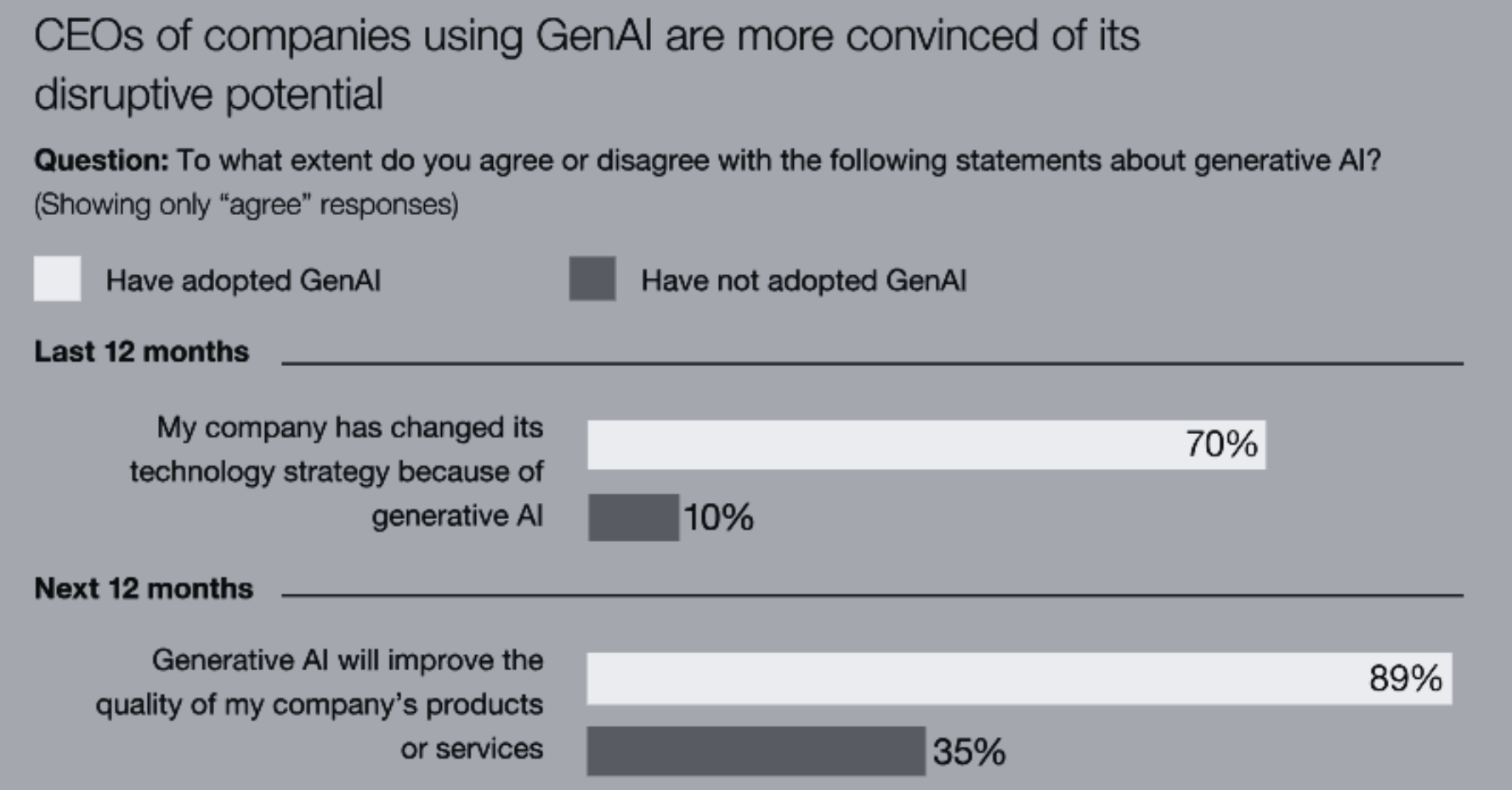
- Increasing Complexity of the Business Environment: Businesses are facing a range of challenges, including economic uncertainty, regulatory changes, and geopolitical risks. AI can help CFOs navigate these complexities and identify opportunities.
This barrage of information, coupled with the breakneck pace of changes, has made decision-making a daunting task.
The Role of AI in Finance
Artificial intelligence (AI) has rapidly emerged as a transformative force in the financial industry. By leveraging advanced algorithms and machine learning techniques, AI can process vast amounts of data, identify patterns, and make predictions with unprecedented accuracy. This has led to a wide range of applications across various areas of finance, from risk management to investment strategies.
AI has the potential to revolutionize the way CFOs analyze and data. By leveraging machine learning algorithms, AI can process vast amounts of data in real-time, providing CFOs with near-instantaneous insights into market trends and developments.
he adoption of AI is expected to have considerable implications for the economy and the society. In particular, it is projected to contribute to the growth of the global GDP, which, according to a study conducted by Pricewater-house-Coopers (PwC) and published in 2017, is likely to increase by up to 14% by 2030.
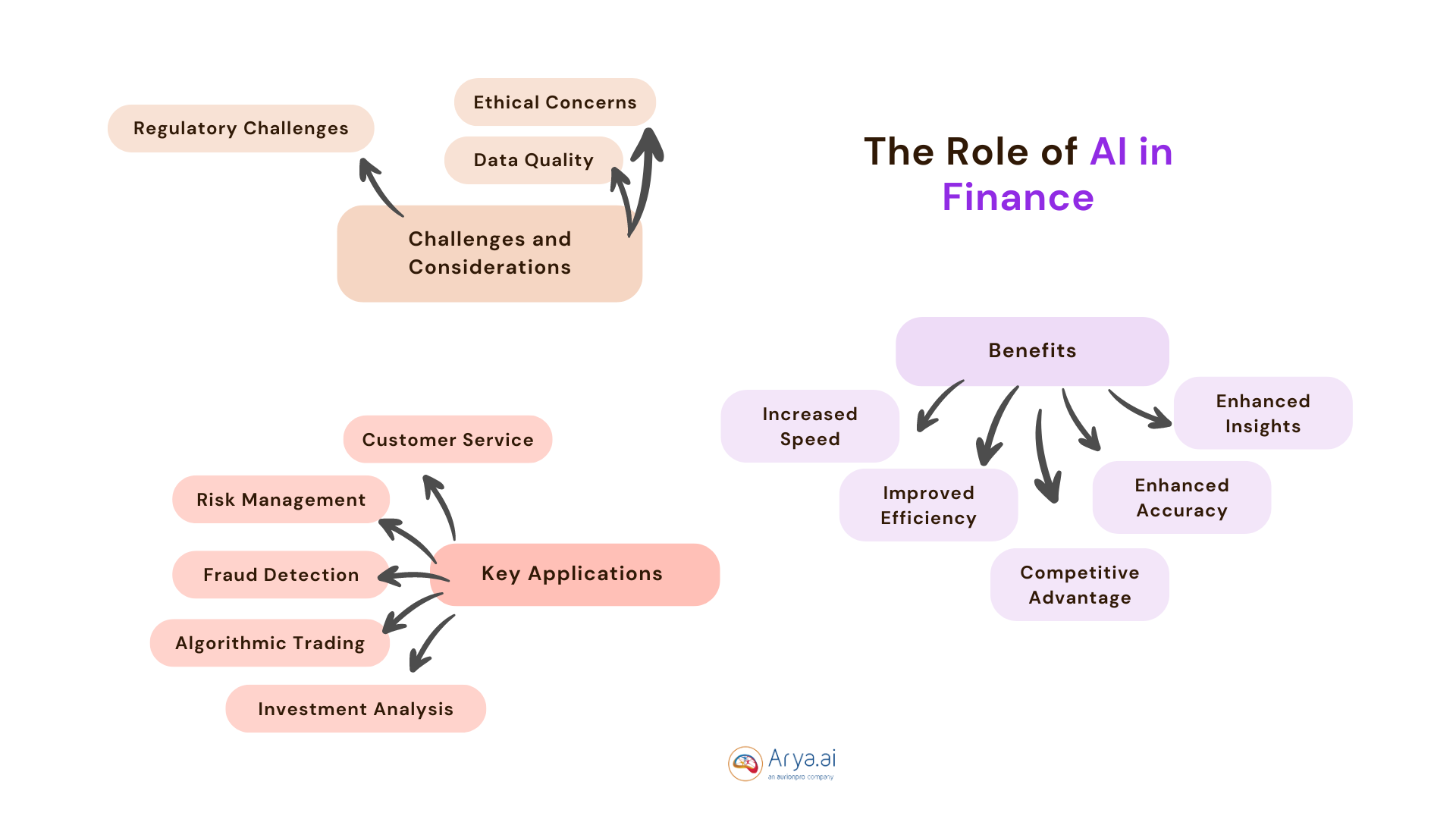
Key Applications of AI in Finance
- Risk Management: AI can be used to assess and manage various financial risks, including credit risk assessment, market risk, and operational risk. For example, AI-powered algorithms can analyze historical data to identify potential credit defaults and assess the creditworthiness of borrowers.
- Fraud Detection: AI can help detect and prevent fraudulent activities, such as identity theft, credit card fraud, and money laundering. By analyzing patterns in transaction data, AI can identify anomalies that may indicate fraudulent behavior.
- Algorithmic Trading: AI-powered algorithms can execute trades at high speeds and with greater precision than human traders. This can lead to improved returns and reduced risk.
- Investment Analysis: AI can be used to analyze market trends, identify investment opportunities, and optimize portfolios. For instance, AI-powered tools can analyze news articles, social media sentiment, and financial data to predict stock price movements.
- Customer Service: AI-powered chatbots and virtual assistants can provide personalized customer support and answer queries related to financial products and services. This can improve customer satisfaction and reduce operational costs.
Benefits of AI in Finance
- Improved Efficiency: AI can automate many manual tasks, freeing up human resources to focus on more strategic activities.
- Enhanced Accuracy: AI can process data more accurately and consistently than humans, reducing the risk of errors.
- Increased Speed: AI can perform calculations and analysis at a much faster pace than humans, enabling quicker decision-making.
- Enhanced Insights: AI can uncover hidden patterns and insights in data that may not be apparent to humans.
- Competitive Advantage: Organizations that effectively leverage AI can gain a competitive advantage in the marketplace.
Challenges and Considerations
- Data Quality: The accuracy and reliability of AI models depend on the quality of the data used to train them. Poor data quality can lead to inaccurate results.
- Ethical Concerns: The use of AI in finance raises ethical concerns, such as the potential for biased algorithms and the impact on jobs.
- Regulatory Challenges: The rapid development of AI technologies has outpaced the regulatory framework in many jurisdictions, leading to uncertainty and potential legal risks.
Leveraging AI for Complex Decision Making
Beyond data analysis, AI can also be a valuable tool for supporting complex decision-making processes. By leveraging AI algorithms, CFOs can simulate various potential scenarios, optimize resource allocation, and gain valuable insights to inform their decision-making.
One of the key applications of AI in complex decision-making is scenario planning. AI can be used to create and analyze multiple hypothetical scenarios, allowing CFOs to assess the potential impact of different decisions or events. By simulating various outcomes, CFOs can identify potential risks, opportunities, and the most promising courses of action.
For example, a CFO might use AI to simulate the impact of a potential economic downturn on the company's financial performance. By analyzing different scenarios, the CFO can identify areas of vulnerability and develop contingency plans to mitigate risks.
Another valuable application of AI is optimization. AI algorithms can be used to identify the optimal solution to complex problems, such as resource allocation, supply chain management, and pricing. By analyzing various factors and constraints, AI can help CFOs make decisions that maximize efficiency and minimize costs.
Furthermore, AI can be used to provide decision support. By analyzing vast amounts of data and identifying relevant patterns, AI can offer recommendations and insights to inform CFOs' decision-making. This can include identifying potential areas for cost savings, optimizing pricing strategies, and evaluating the effectiveness of marketing campaigns.
How AI Supports Complex Decision-Making?

- Data Analysis and Insights: AI can process vast amounts of data to identify patterns, trends, and correlations that may not be apparent to human analysts. This can provide valuable insights for decision-making.
- Scenario Planning: AI can help create and analyze various hypothetical scenarios, allowing decision-makers to assess the potential consequences of different choices.
- Optimization: AI can be used to optimize decision-making processes by identifying the best course of action based on specific criteria.
- Automation: AI can automate routine tasks, freeing up decision-makers to focus on more strategic and complex issues.
Potential Benefits of AI for Complex Decision-Making

- Improved Decision Quality: AI can help decision-makers make more informed and accurate decisions by providing data-driven insights and reducing biases.
- Enhanced Efficiency: AI can automate routine tasks, freeing up decision-makers to focus on more strategic and complex issues.
- Increased Innovation: AI can help identify new opportunities and develop innovative solutions to complex problems.
- Reduced Risk: AI can help mitigate risk by identifying potential risks and developing contingency plans.
Staying Ahead of the Curve
CFOs are at the forefront of leveraging AI to address the increasing complexity and volume of financial data. While AI offers significant potential for CFOs, it is important to recognize that investing in AI is not without its challenges. CFOs must carefully consider the costs and benefits of AI implementation, as well as the potential risks and ethical implications. They need to face unique challenges and must carefully consider the factors influencing their choice between AI for market data analysis and complex decision-making.
Challenges Faced by CFOs
- Cost of AI Implementation: One of the key challenges facing CFOs is the cost of AI implementation. Investing in AI requires significant upfront costs, including hardware, software, and personnel. Additionally, AI projects often require ongoing maintenance and updates. CFOs must carefully evaluate the potential return on investment (ROI) of AI initiatives to ensure that the benefits justify the costs.
- Data Quality and Accessibility: CFOs often grapple with the quality and accessibility of data, which can hinder the effectiveness of AI applications. Ensuring data accuracy, consistency, and completeness is crucial for deriving meaningful insights.
- Talent and Skills: The successful implementation of AI requires a skilled workforce with expertise in data science, machine learning, and finance. Acquiring and retaining such talent can be a challenge for many organizations.
- Ethical Considerations: The use of AI in finance raises ethical concerns, such as the potential for biased algorithms and the impact on jobs. CFOs must navigate these issues carefully to maintain public trust. Ethical considerations are also a factor to consider. AI can raise ethical concerns, such as bias, privacy, and transparency. CFOs must ensure that AI systems are developed and used in a way that is ethical and responsible.
- Regulatory Compliance: The rapid development of AI technologies has outpaced the regulatory landscape in many jurisdictions. CFOs must ensure that their AI applications comply with relevant laws and regulations. Another important consideration is the quality and governance of data. AI models rely on high-quality data to produce accurate results. CFOs must ensure that their data is accurate, complete, and up-to-date. They must also implement robust data governance practices to protect data privacy and security.
To address these challenges, CFOs must carefully balance their priorities when investing in AI. They should consider the specific needs of their organization, the potential benefits of AI, and the associated costs and risks. By carefully weighing these factors, CFOs can make informed decisions about where to allocate their AI resources.
Potential Questions to Consider Before Making a Decision
- What are the specific business needs that AI can address?
- What are the potential benefits and risks of AI implementation?
- What are the costs associated with AI implementation?
- How can we ensure the quality and governance of our data?
- What are the ethical considerations associated with AI?
Conclusion
AI: A Catalyst for CFOs
The increasing complexity of the financial landscape has created a pressing need for CFOs to explore innovative solutions that can help them navigate the challenges posed by market volatility, regulatory changes, and the sheer volume of data. Artificial intelligence (AI) has emerged as a promising tool that can address these challenges and drive business success.
This article has explored the critical role of AI in reshaping the CFO's role and responsibilities. From automating routine tasks to providing advanced analytics, AI offers significant potential benefits for financial professionals.
Key Takeaways
- AI is transforming the finance function: By automating tasks, providing insights, and enabling predictive modeling, AI is empowering CFOs to focus on strategic initiatives and drive business growth.
- CFOs must navigate the AI landscape: The successful implementation of AI requires careful consideration of factors such as data quality, talent, ethics, and regulatory compliance.
- AI offers both opportunities and challenges: While AI presents significant opportunities for CFOs, it also raises ethical concerns and requires careful management.
The Future of Finance
Artificial Intelligence (AI) is poised to revolutionize the financial industry, transforming the way we manage money, invest, and conduct business. As AI continues to advance, we can expect to see a future where finance is more efficient, personalized, and accessible than ever before.
As AI continues to evolve, CFOs must stay informed and adapt their strategies accordingly. By embracing AI and leveraging its potential, CFOs can position their organizations for long-term success in the digital age.
At Arya AI, we offer a suite of Apps tailored for the BFSI sector, empowering financial leaders to enhance decision-making, improve operational efficiency, and stay ahead in an increasingly competitive landscape. Contact us to learn how Arya AI can support your organization’s growth.

